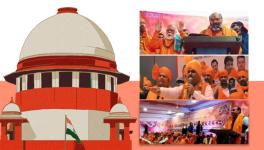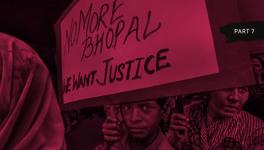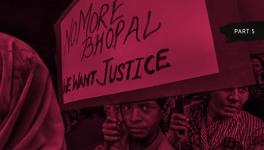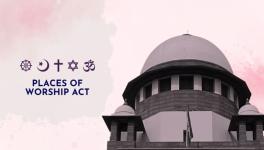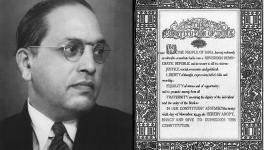SC Majority Verdict Upholds 10% EWS Reservation; Justices UU Lalit, Ravindra Bhat Dissent
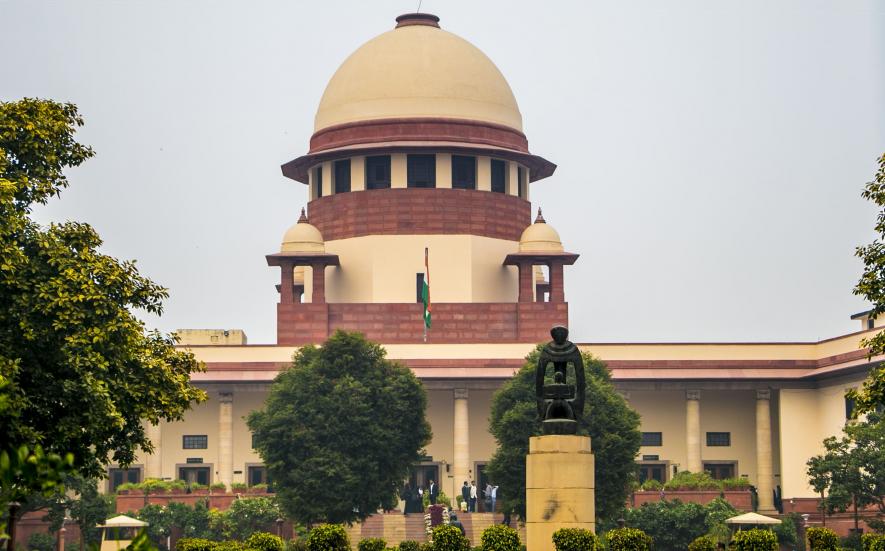
Supreme Court of India. Image Courtesy: Wikimedia Commons
New Delhi: A Constitution Bench of the Supreme Court on Monday upheld the validity of the 103rd Constitution amendment providing 10% reservation in admissions and government jobs to the economically weaker sections (EWS) among forward castes.
By a majority view of 3:2, the judgment said the quota does not violate the basic structure of the Constitution.
A five-judge constitution bench, headed by Chief Justice U U Lalit, pronounced four separate verdicts on 40 petitions challenging the validity of the 103rd Constitution amendment promulgated by the Centre in 2019.
While Justices Dinesh Maheshwari, Bela M Trivedi and J B Pardiwala upheld the law, Justice S Ravindra Bhat along with the CJI dissented with their minority view.
Majority View
Justice Maheshwari, who read the judgement for himself, said the 103rd constitutional amendment cannot say to breach the basic structure of the Constitution.
“EWS amendment does not violate the basic structure as it is based in economic criteria, state forming special provision for EWS quota does not violate the basic structure,” Justice Maheshwari held, according to a Bar and Bench report.
Reservation, he said, is an instrument of affirmative action to ensure an all-inclusive march towards goals of an egalitarian society and is a means to include any class or section that is disadvantaged.
He added that the breach of the 50% ceiling (laid down by the Supreme Court in Indra Sawhney judgment) for reservation is applicable only for reservation with respect to socially backward classes under Article 16(4) and 16(5) of the Constitution, Bar and Bench reported.
Justice Trivedi said the 103rd constitutional amendment cannot be struck down on grounds of being discriminatory. She said the 103rd Constitution amendment has to be treated as affirmative action by Parliament for the benefit of the EWS class.
She also suggested that the concept of reservation should be re-examined. "It cannot be gainsaid that age old caste system in India led to introduction of reservations and so that SC/ST get level playing field. At end of 75 years, we need to take a re-look at reservations in general in spirit of transformative constitutionalism," she was quoted as ruling by the Bar and Bench.
Justice J B Pardiwala, while concurring with Justice Maheshwari and Justice Trivedi, said that reservation should not continue for an indefinite time so that it becomes a vested interest.
"The ones who have moved ahead should be removed from backward classes so that ones in need can be helped. The ways to determine backward classes need a re-look so that ways are relevant in today's time,” Justice Pardiwala said.
Minority View
Justice S Ravindra Bhat, in a minority view, dissented and struck down the constitutional amendment on the EWS quota. He declared the 103rd Amendment Act unconstitutional and void on the grounds that it is violative of the basic structure of the Constitution.
Justice Bhat said that the amendment is "deluding us to believe that those getting social and backward class benefit is somehow better placed."
He said that while reservation on the economic basis is permissible, excluding SC/STs and Other Backward Classes (OBCs) from EWS cannot be permitted and amounts to discrimination against them.
Further elaborating, he underlined the Sinho Commission report, which shows that a large number SC/ST population (38% of total SCs and 48% of STs) fell below the poverty line. “Bulk of economically deprived are these sections," he pointed out, according to the Bar and Bench report.
CJI Lalit concurred with the view of Justice Bhat.
A Marathon Hearing
The top court heard as many as 40 petitions and most of the pleas, including the lead one filed by 'Janhit Abhiyan' in 2019, challenged the validity of the Constitution Amendment (103rd) Act 2019.
The apex court had on September 27 reserved the verdict on the legal question of whether the EWS quota violated the basic structure of the Constitution after hearing a battery of senior lawyers, including the then Attorney General K K Venugopal and Solicitor General Tushar Mehta, in a marathon hearing that had lasted for six-and-half-days.
Academician Mohan Gopal had opened the arguments in the case before the bench, on September 13 and opposed the EWS quota amendment by terming it as "deceitful and a backdoor attempt" to destroy the concept of reservation.
quota, saying the economic criteria cannot be the basis for classification and the top court will have to revisit the Indira Sawhney (Mandal) judgement if it decides to uphold this reservation.
The then attorney general and the solicitor general had vehemently defended the amendment, saying the reservation provided under it was different and had been given without disturbing the 50% quota meant for the socially and economically backward classes (SEBC).
Hence, the amended provision does not violate the basic structure of the Constitution, they had said.
The Centre, through the 103rd Constitutional Amendment Act, 2019, introduced the provision for EWS reservation in admissions and public services.
(With PTI inputs)
Get the latest reports & analysis with people's perspective on Protests, movements & deep analytical videos, discussions of the current affairs in your Telegram app. Subscribe to NewsClick's Telegram channel & get Real-Time updates on stories, as they get published on our website.











